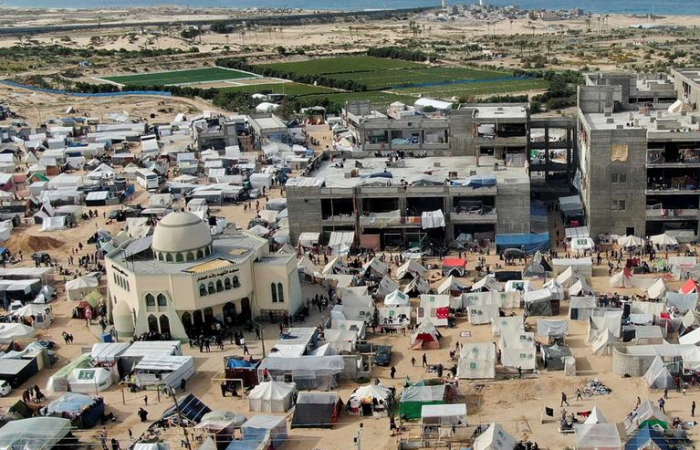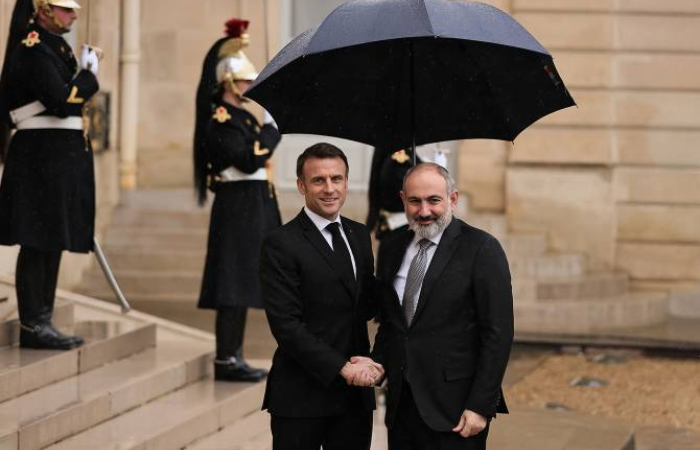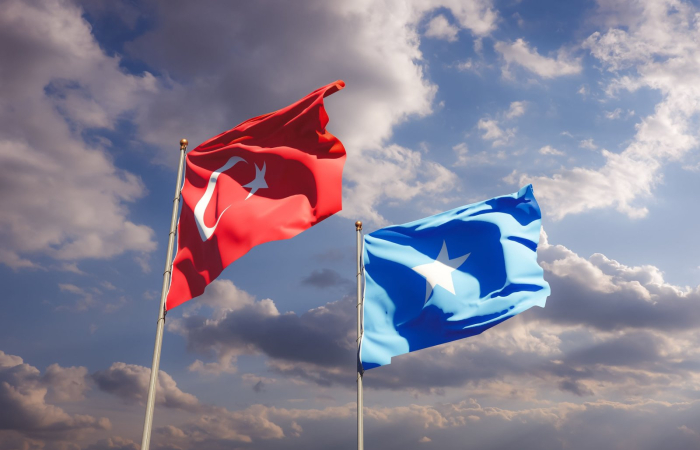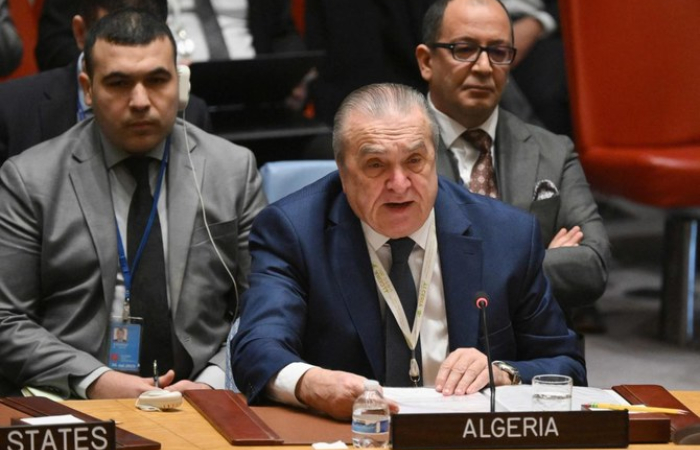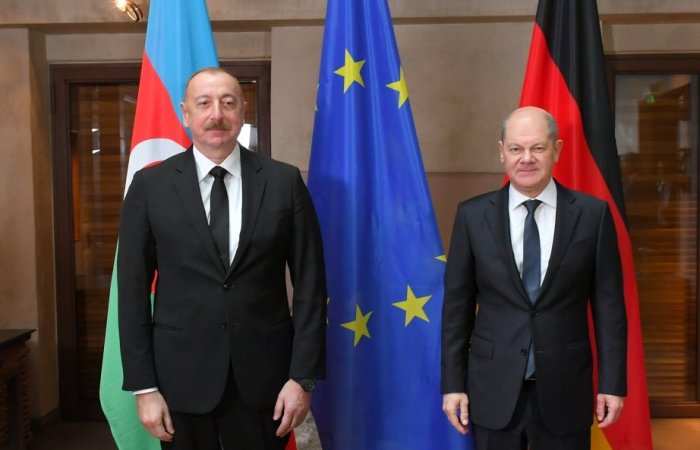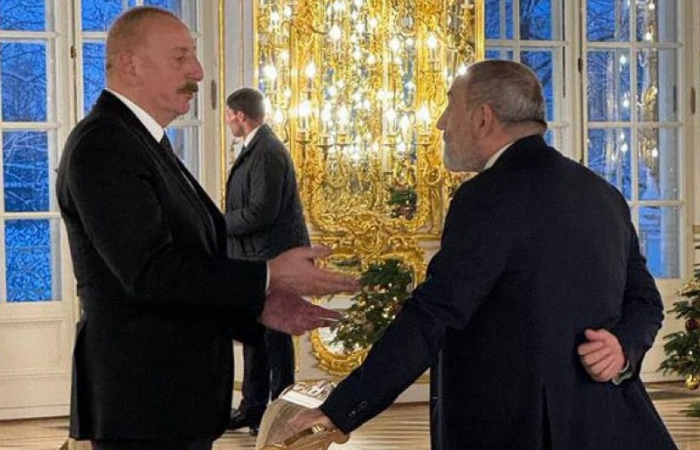Trending
The prospect of more Israeli atrocities in Gaza during Ramadan unsettles moderate Arab and Muslim states
27 February 2024
With Ramadan fast approaching – likely to start on 10 March – and with Israeli prime minister Benyamin Natanyahu repeatedly threatening to launch a direct assault on Rafah, a last haven where hundreds of thousands of Palestinians are now taking shelter in the most difficult situations imaginable, moderate Arab governments, especially those who have established relations with Israel, and others who were considering doing so, find themselves under huge pressure from their domestic public opinion. Having just vetoed a UN Security Council resolution calling for an immediate cease fire in Gaza, the United States, acutely aware of the fragility of the situation, is now desperately pushing for a cease fire during Ramadan. Already, nearly 30,000 people have been killed in Gaza since October, many of them women and children. A direct assault on Rafah is likely to result in many more fatalities. The prospect of a Palestinian bloodbath during Ramadan is considerably unsettling Arab governments, who whilst not often directly influenced by the views of their populations, cannot ignore them either when feelings are running high.
Ramadan is the month of fasting for Muslims, but it is also an occasion for social gatherings. Families and friends come together, and in the long nights when the fast is broken they share views on those things that matter to them. Gaza will no doubt this year be a leading topic, as people remember that whilst they break the fast with big meals and delicacies, in Gaza, the Palestinians are starving.
Western countries, whose reputations in the Arab and Muslim worlds have been greatly damaged by their position on Gaza, are now frantically trying to avoid this by pushing for a ceasefire during Ramadan.



